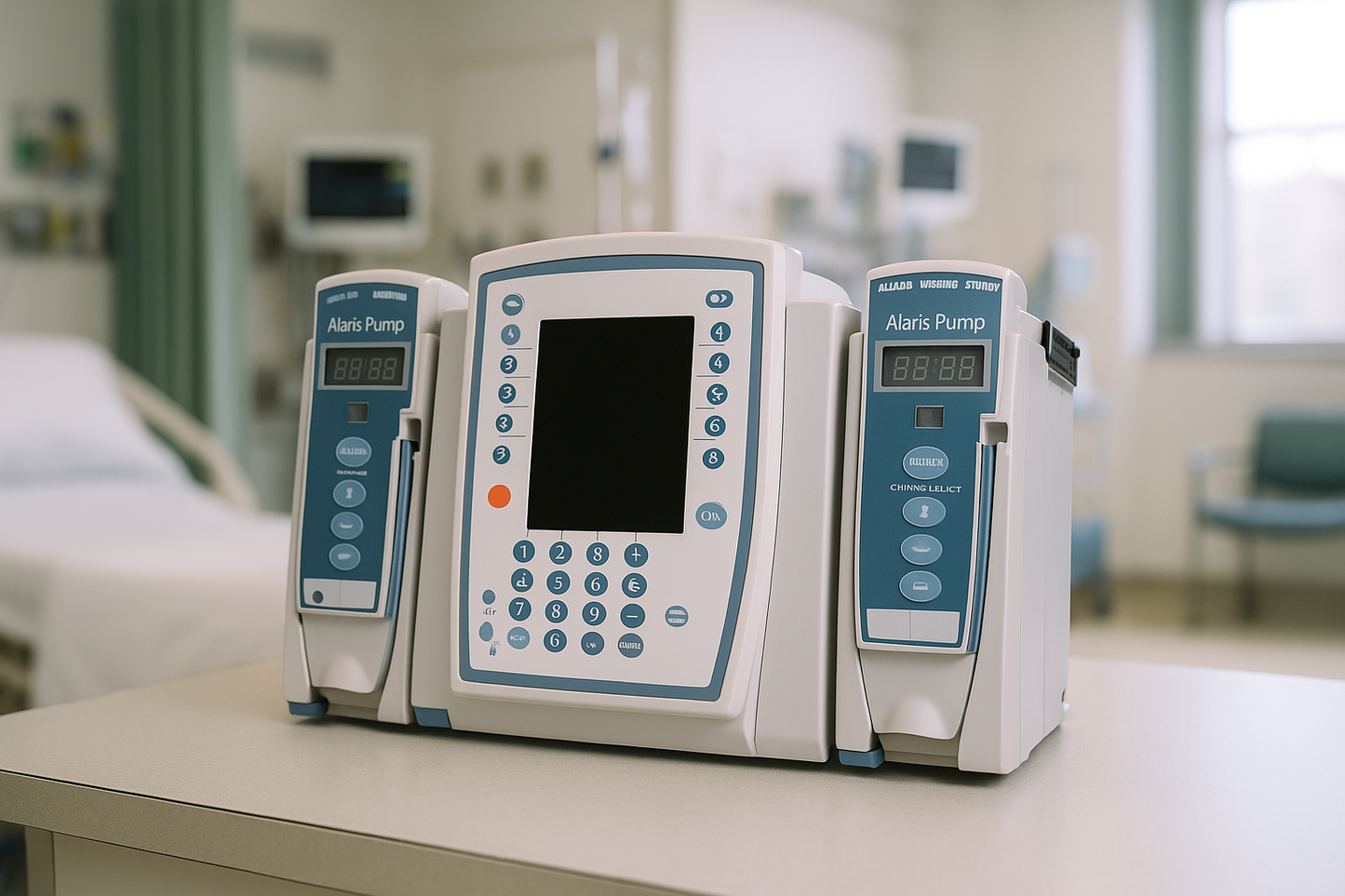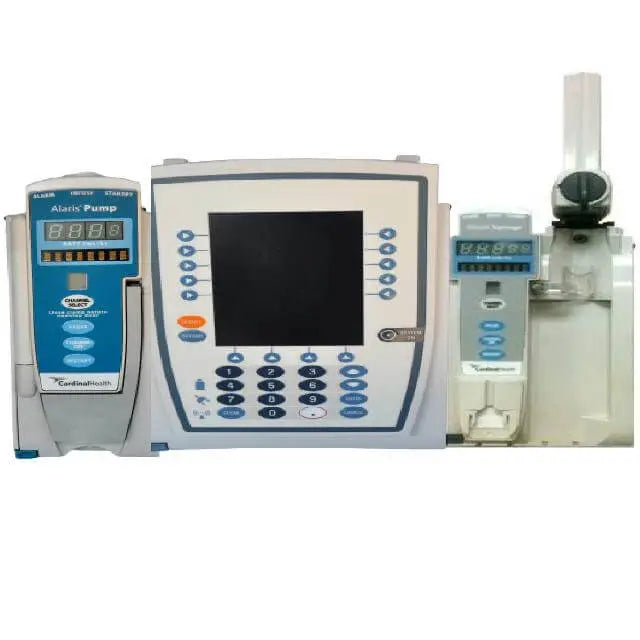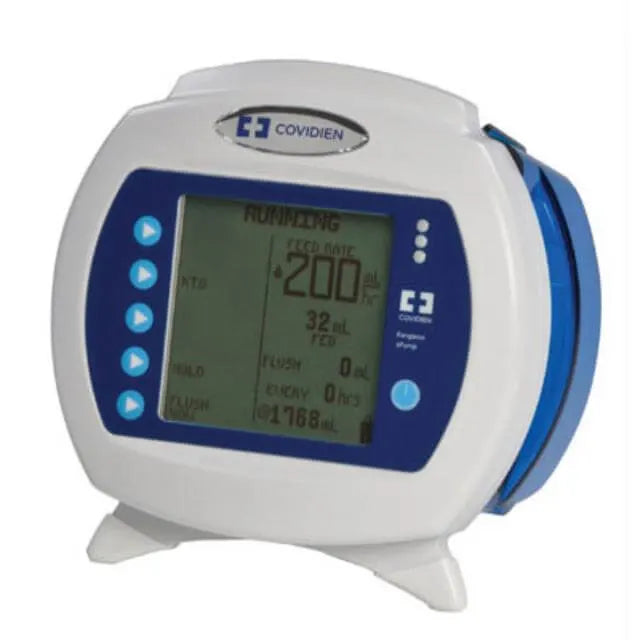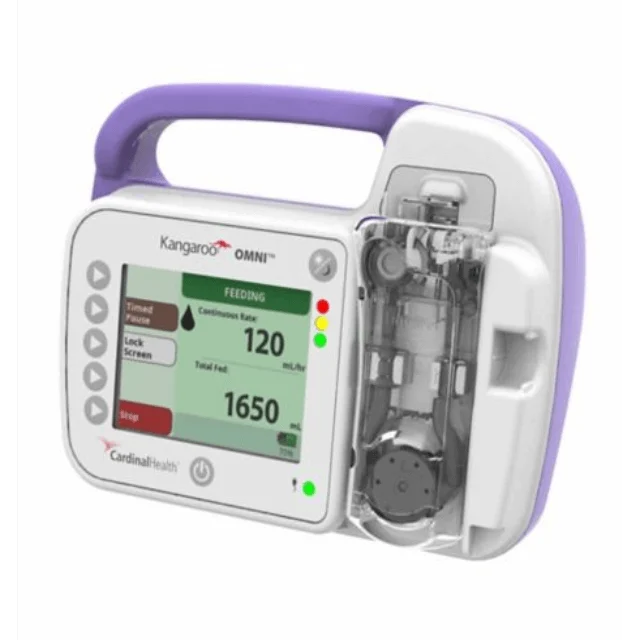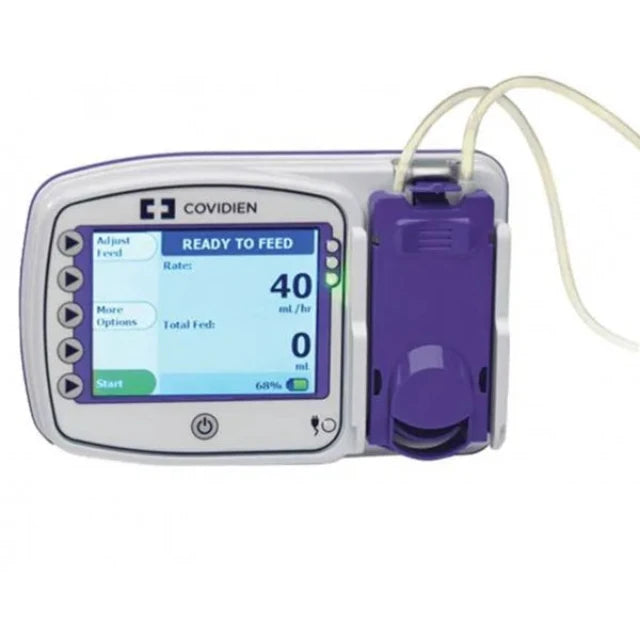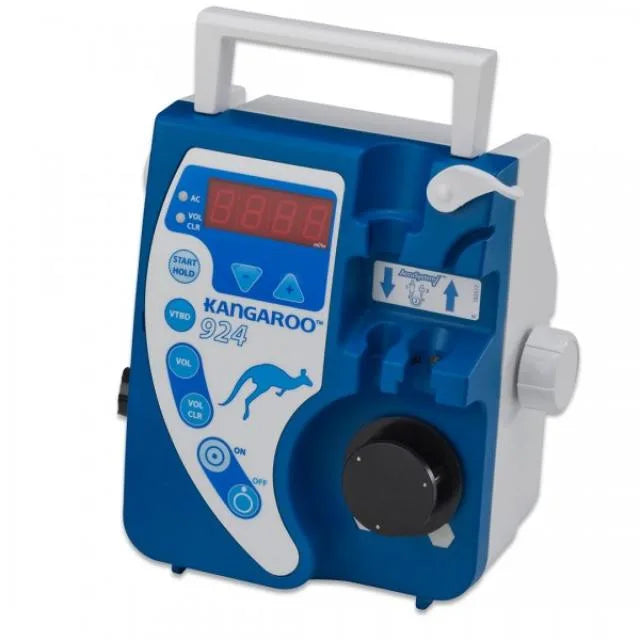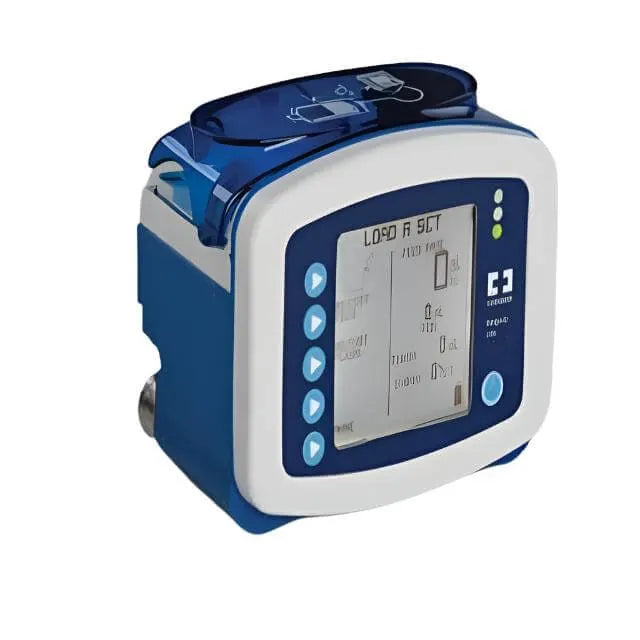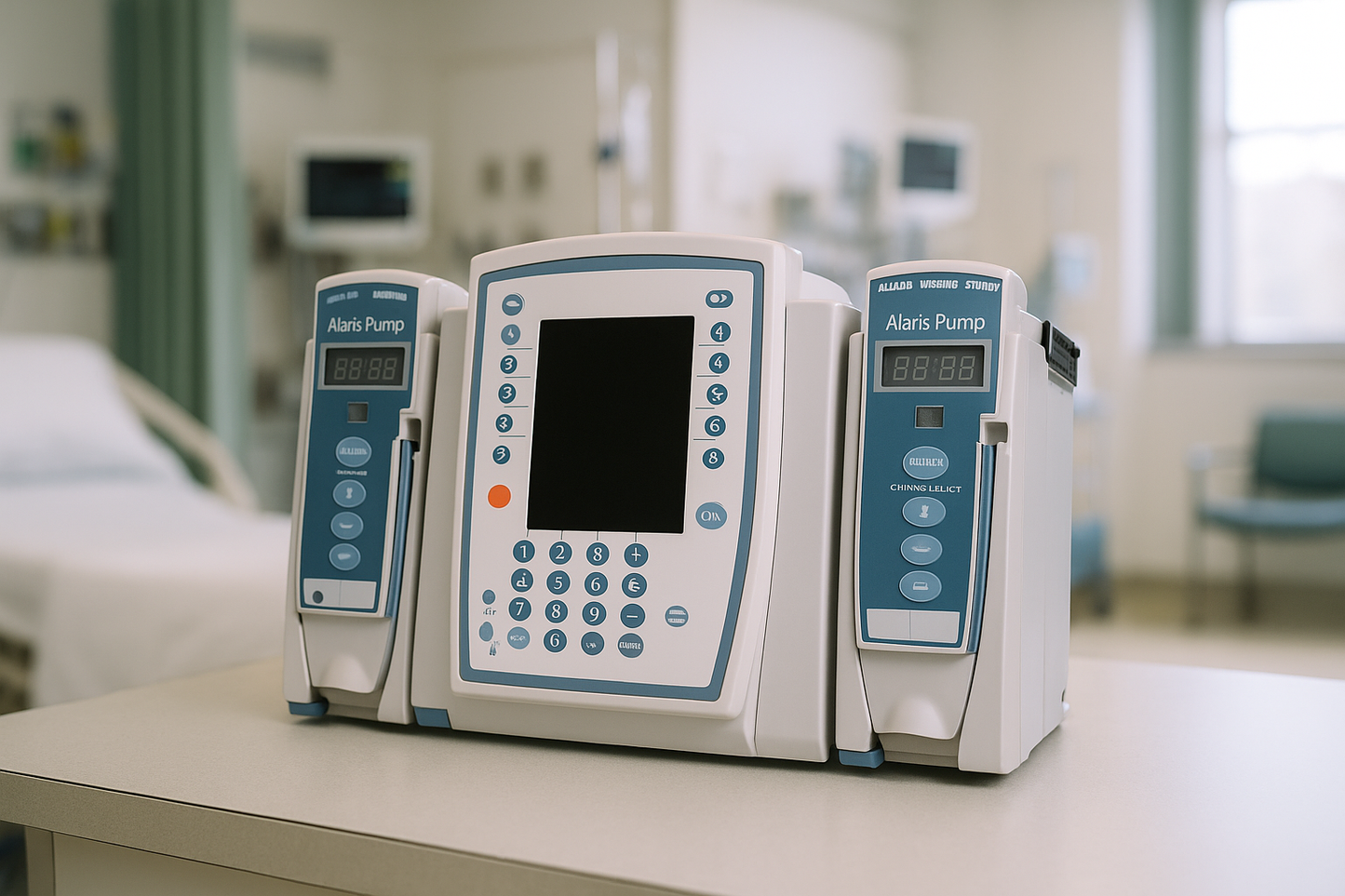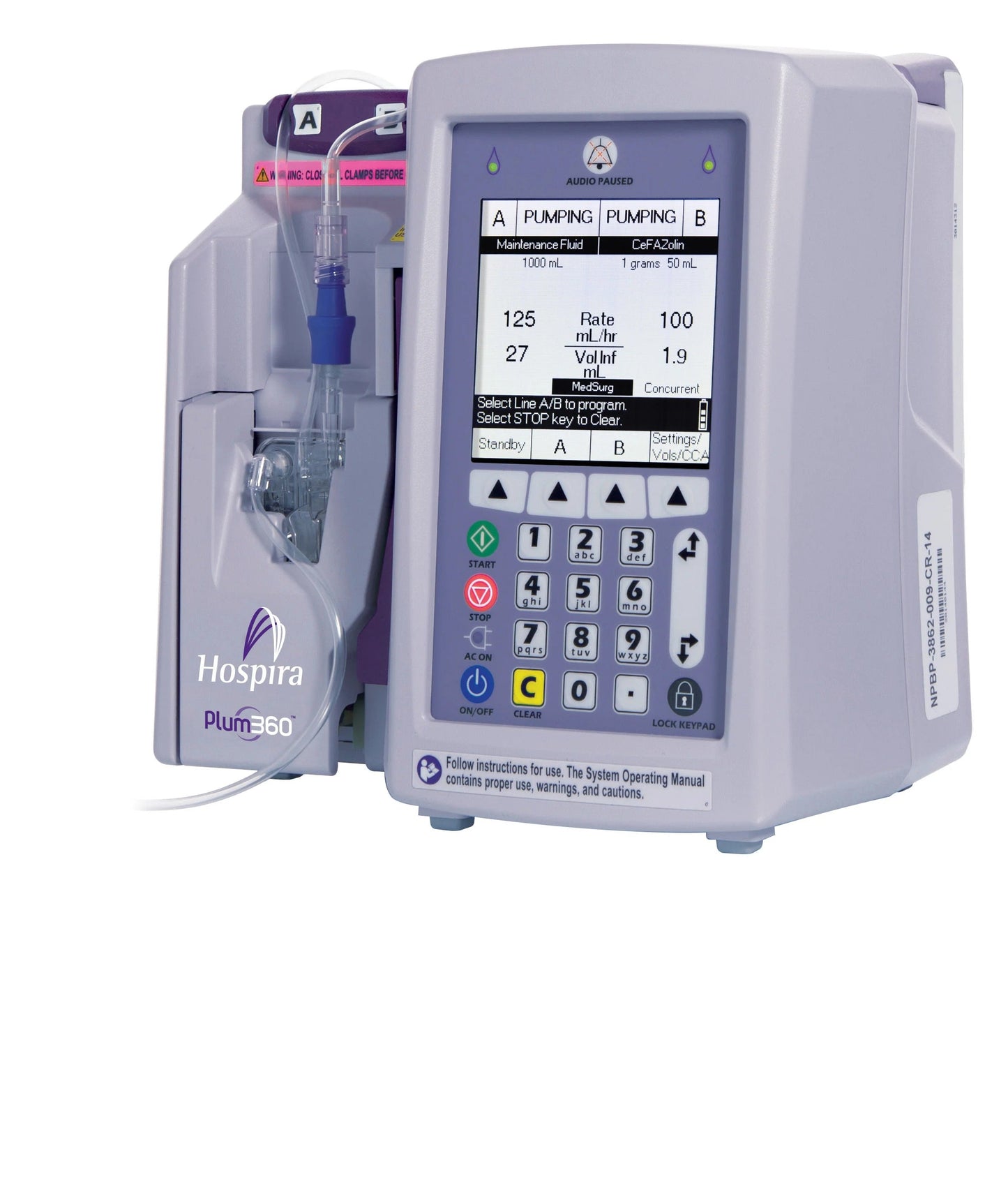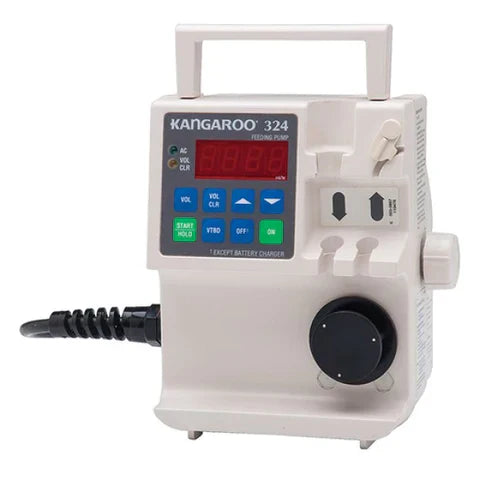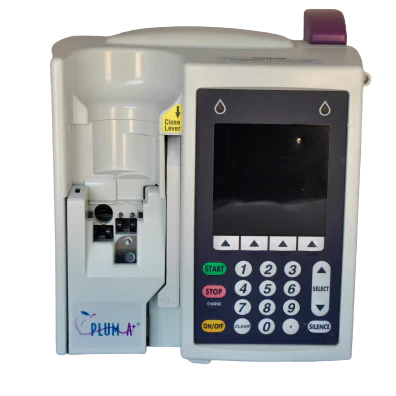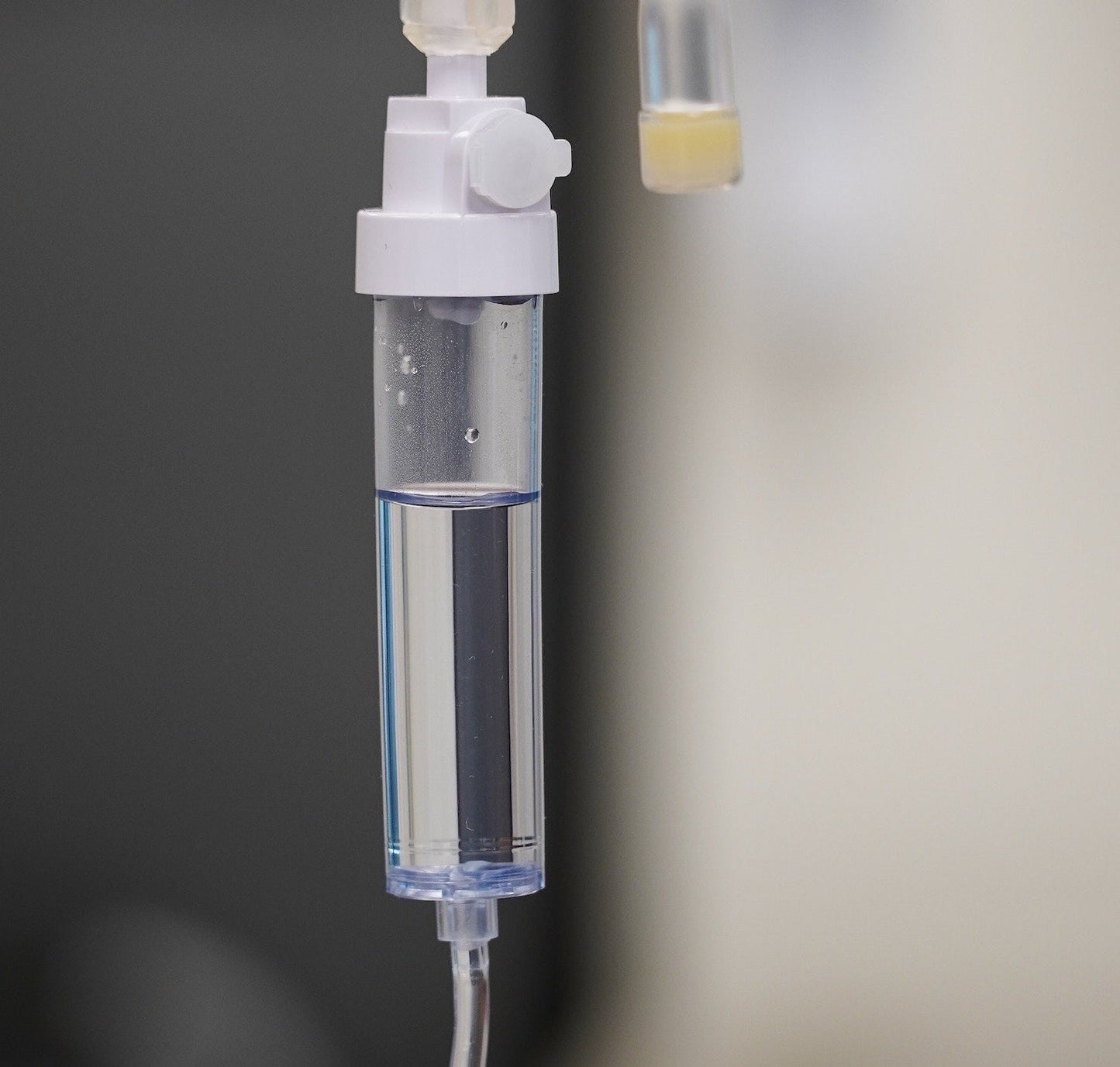
Infusion therapy involves the administration of fluids, medications, or blood products intravenously (through a vein). This direct route enables swift absorption into the bloodstream, ensuring rapid therapeutic effects. Typically, infusion therapy is performed in specialized medical settings, such as hospitals, clinics, or infusion centers, under the supervision of skilled healthcare professionals.
The actual process of infusion therapy involves several key steps including patient evaluation, administering the infusion, monitoring vitals, and patient care. Infusion pumps are integral devices used in infusion therapy to precisely deliver fluids, medications, or blood products into a patient's bloodstream. These pumps automate the process, allowing for controlled infusion rates and accurate dosage calculations. They enhance patient safety, minimize human errors, and enable healthcare providers to closely monitor and adjust treatments as needed.
Infusion therapy serves a wide range of purposes, including:
- Medication Delivery: Infusion therapy enables precise and controlled administration of medications, such as antibiotics, pain relievers, immunoglobulins, chemotherapy drugs, and more. By bypassing the digestive system, it ensures efficient absorption and faster onset of action.
- Fluid and Electrolyte Balance: Infusion therapy is instrumental in replenishing fluids, electrolytes, and nutrients in patients who are unable to consume adequate amounts orally. This helps maintain the body's hydration, electrolyte balance, and nutritional status.
- Blood Transfusions: In cases of severe blood loss, anemia, or certain blood disorders, infusion therapy allows for the safe and controlled delivery of blood products, such as red blood cells, platelets, or plasma, directly into the patient's bloodstream.
Infusion therapy also plays a critical role in managing various medical conditions, including:
- Autoimmune Disorders: Conditions like rheumatoid arthritis, Crohn's disease, multiple sclerosis, and lupus often require infusion therapy to administer immune-modulating medications, such as biologics or immunosuppressants.
- Cancer Treatment: Infusion therapy plays a vital role in chemotherapy, delivering powerful anticancer drugs directly into the bloodstream to target and destroy cancer cells.
- Pain Management: For patients with severe or chronic pain, infusion therapy offers options like patient-controlled analgesia (PCA), where pain medications are self-administered intravenously, providing effective pain relief.
- Nutritional Support: Infusion therapy can provide enteral nutrition for patients who are unable to consume food orally, ensuring they receive essential nutrients directly into their bloodstream.
Infusion therapy has transformed the landscape of healthcare, offering patients a multitude of benefits by providing direct access to essential medications, fluids, and nutrients. The use of infusion pumps has revolutionized the field of infusion therapy, significantly improving patient outcomes and overall healthcare efficacy. From managing chronic conditions to delivering critical treatments, this innovative technique has significantly improved patient outcomes and quality of life.
As medical advancements continue to evolve, infusion therapy will undoubtedly remain a lifeline for optimal healthcare, ensuring precise and effective treatment for a wide range of conditions.
